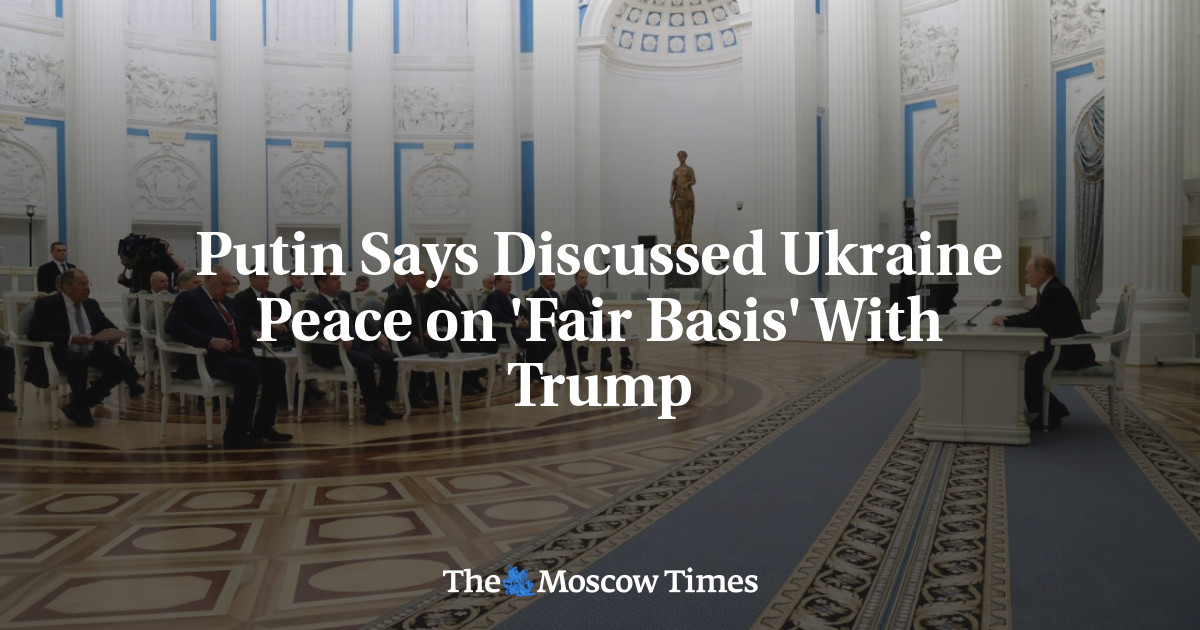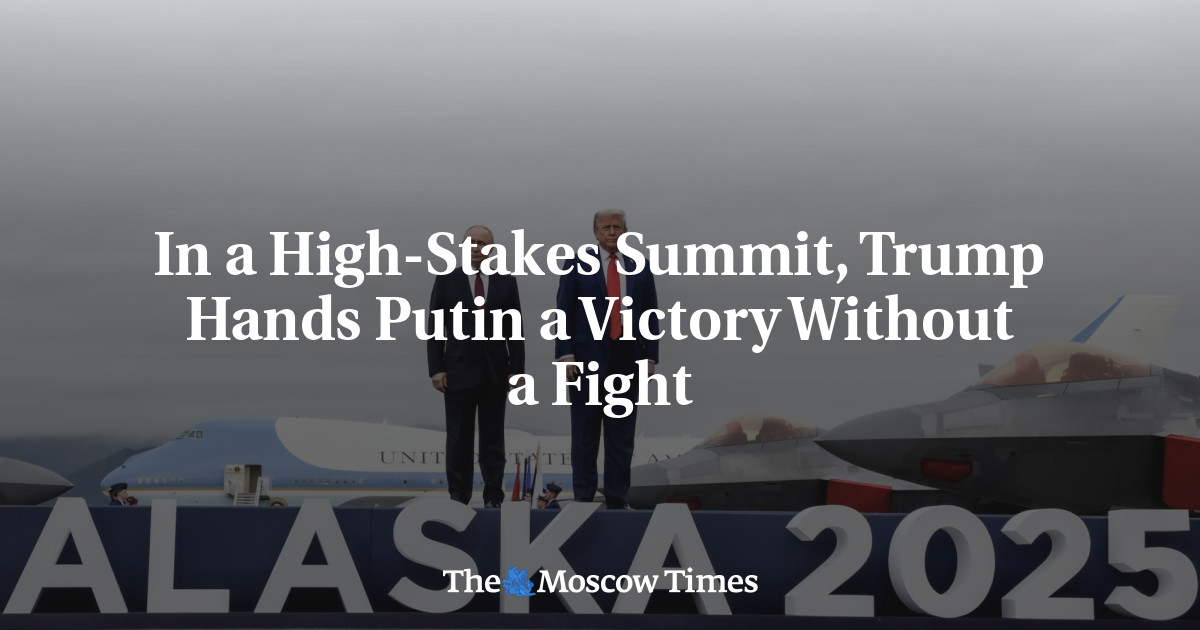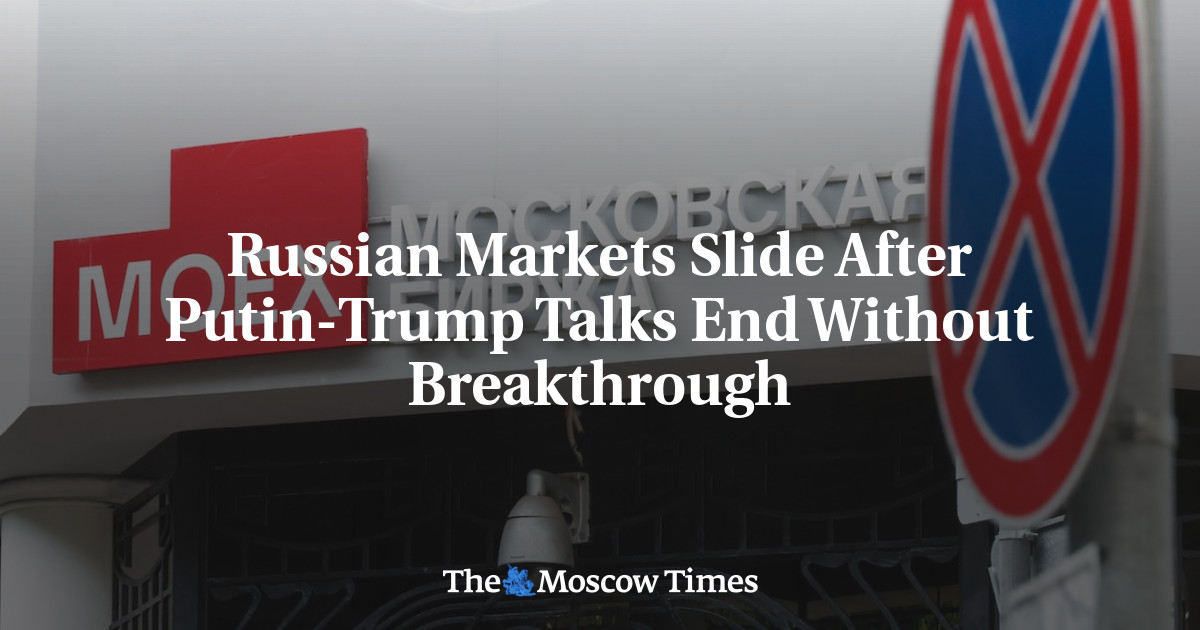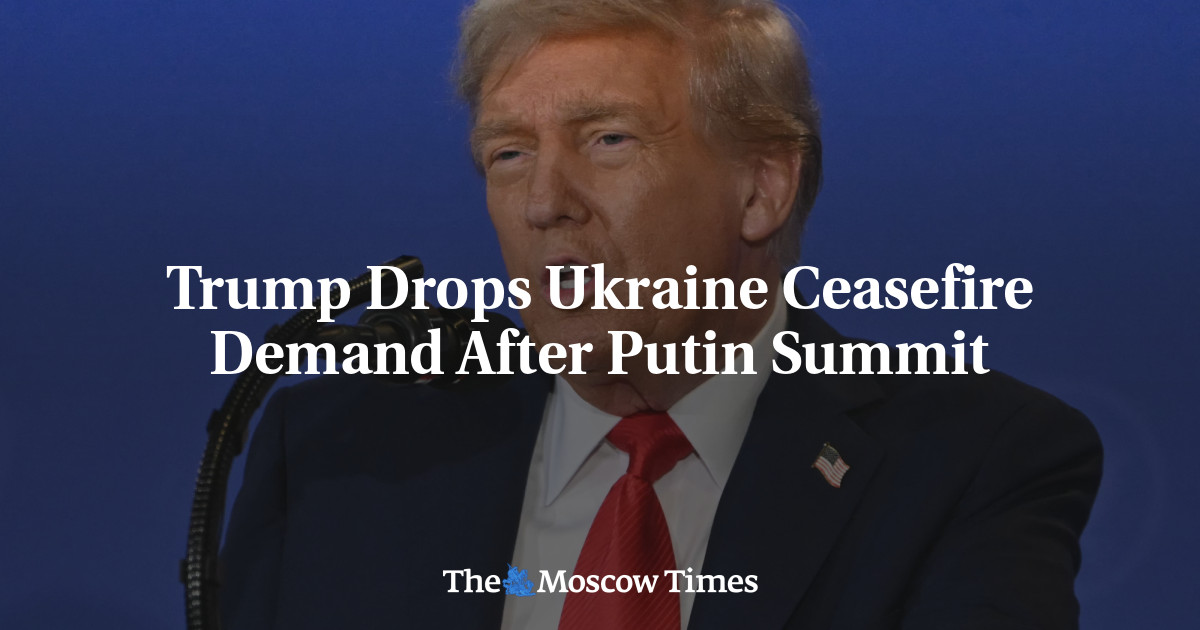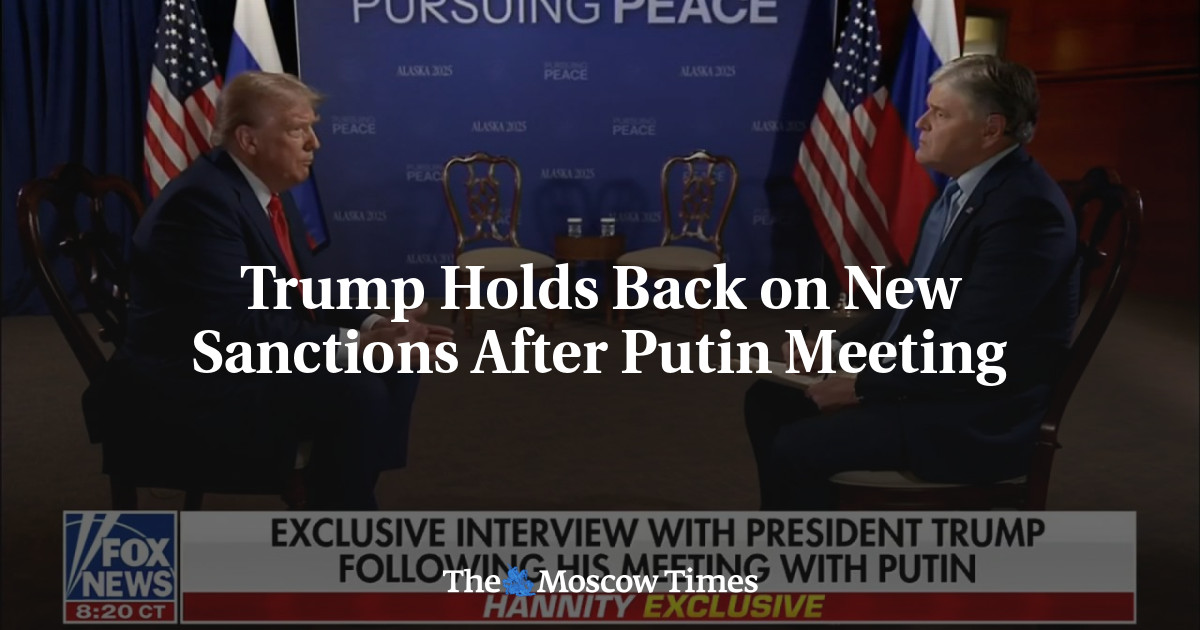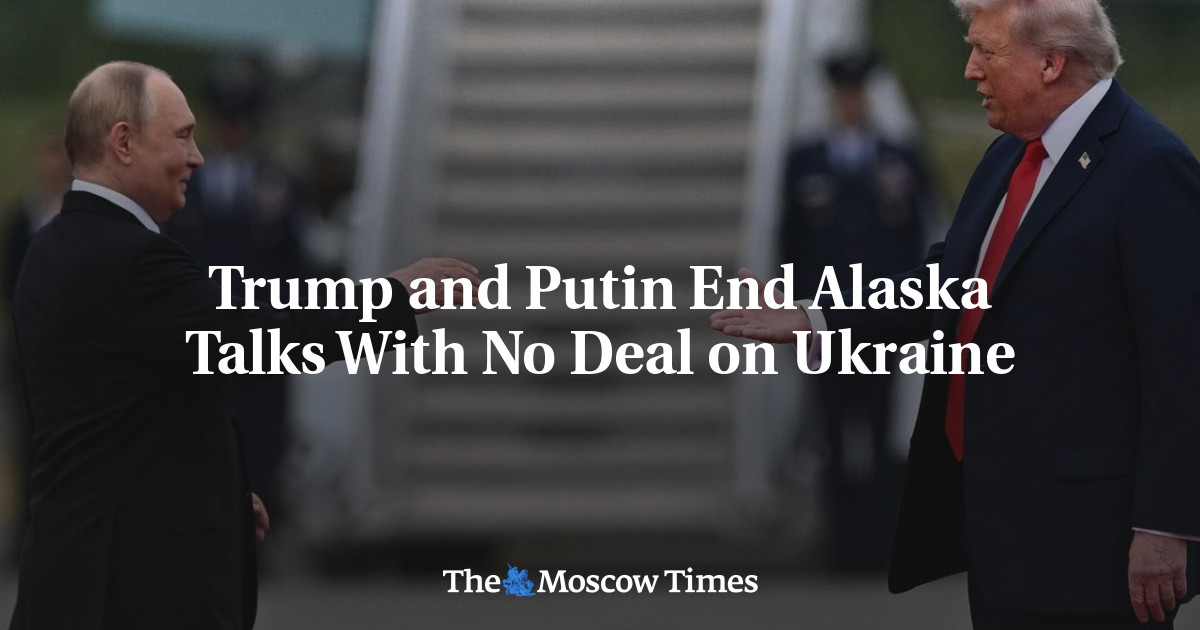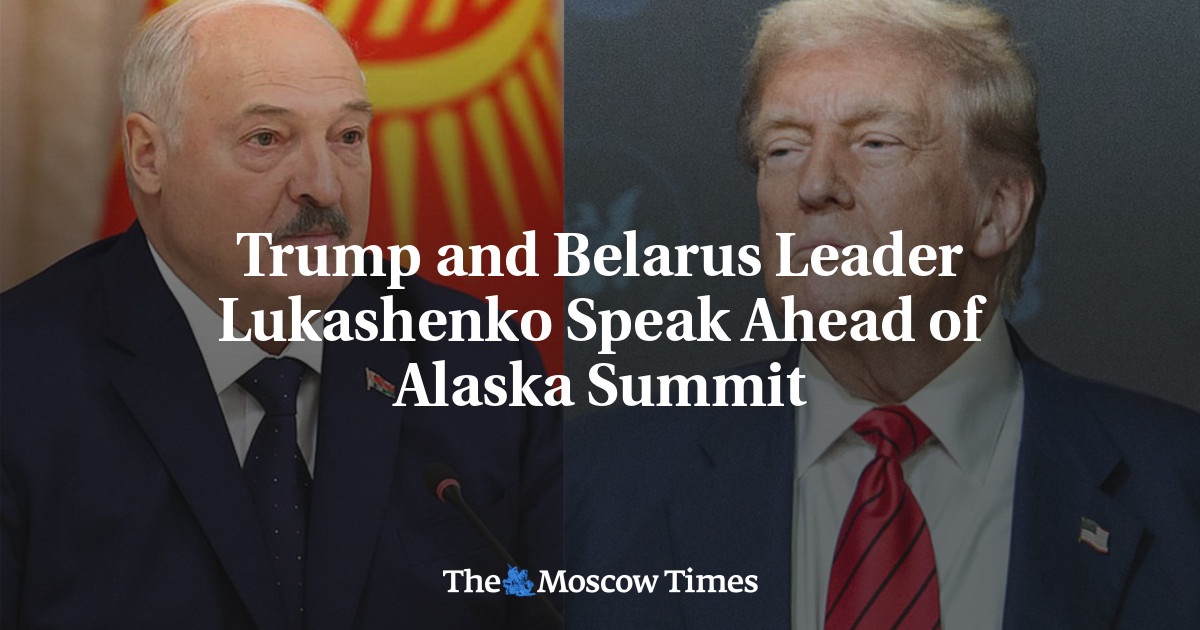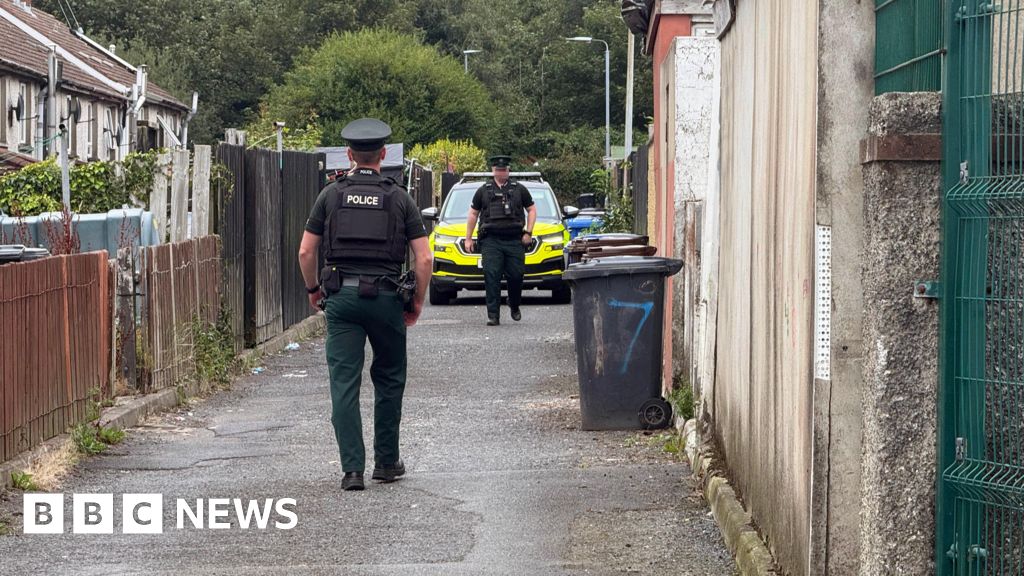France and the United Kingdom are proposing a one-month truce in Ukraine "in the air, at sea and on energy infrastructure" following emergency talks in London over the weekend.
In an interview with France's Le Figaro newspaper published on Sunday, French President Emmanuel Macron said that the truce plan would not initially cover ground fighting as it would be "difficult to verify that the front is respected."
Peacekeepers would be deployed at a later date, Macron said, adding: "There won't be European troops on Ukrainian soil in the coming weeks."
French Foreign Minister Jean-Noel Barrot told France Inter radio on Monday that the proposed one-month truce "would allow to prove the good will of Vladimir Putin."
"And it's then that real peace negotiations would start. We want a solid peace and a durable peace," Barrot added.
An initial truce would be "a way of verifying that Russia is willing to end this war," he said, emphasizing that no withdrawal of Russian troops on the ground was envisaged during the truce.
Meanwhile, Luke Pollard, who serves as the Parliamentary Under-Secretary of State for the British Armed Forces, said Monday that "no agreement has been made on what a truce looks like."
"But we are working together with France and our European allies to look at what is the path to how... we create a lasting and durable peace in Ukraine," Pollard told Times Radio.
Speaking on condition of anonymity, a U.K. government official told AFP that "there are various options on the table, subject to further discussions with the U.S. and European partners, but a one-month truce has not been agreed."
In the Le Figaro interview published Sunday, Macron suggested that European countries should raise their defense spending to between 3% and 3.5% of their GDP to respond to the United States' shifting foreign policy priorities and Russia's militarization.
"For three years, the Russians have spent 10% of their GDP on defense," he told the newspaper. "So we have to prepare for what's next."
Asked by France Inter to respond to Trump's accusation that Zelensky was "gambling with World War III," French Foreign Minister Barrot acknowledged the danger of the conflict spreading.
"Never has the risk of a war in Europe, in the European Union been so high... the threat keeps getting closer to us, the front line keeps getting closer to us," he said.
A Message from The Moscow Times:
Dear readers,
We are facing unprecedented challenges. Russia's Prosecutor General's Office has designated The Moscow Times as an "undesirable" organization, criminalizing our work and putting our staff at risk of prosecution. This follows our earlier unjust labeling as a "foreign agent."
These actions are direct attempts to silence independent journalism in Russia. The authorities claim our work "discredits the decisions of the Russian leadership." We see things differently: we strive to provide accurate, unbiased reporting on Russia.
We, the journalists of The Moscow Times, refuse to be silenced. But to continue our work, we need your help.
Your support, no matter how small, makes a world of difference. If you can, please support us monthly starting from just $2. It's quick to set up, and every contribution makes a significant impact.
By supporting The Moscow Times, you're defending open, independent journalism in the face of repression. Thank you for standing with us.
Continue
![]()
Not ready to support today?
Remind me later.
 (1).png)
 5 months ago
82
5 months ago
82
